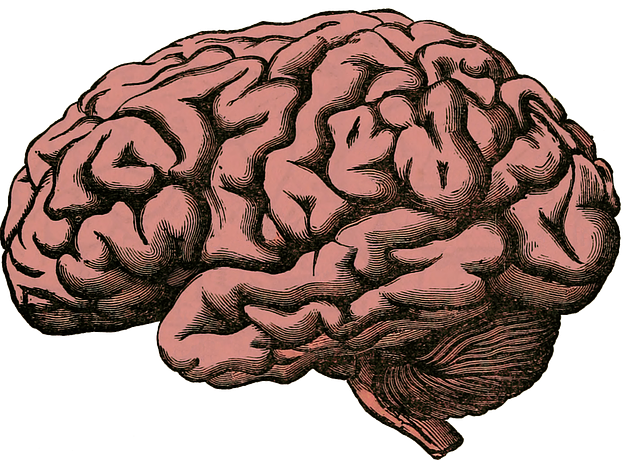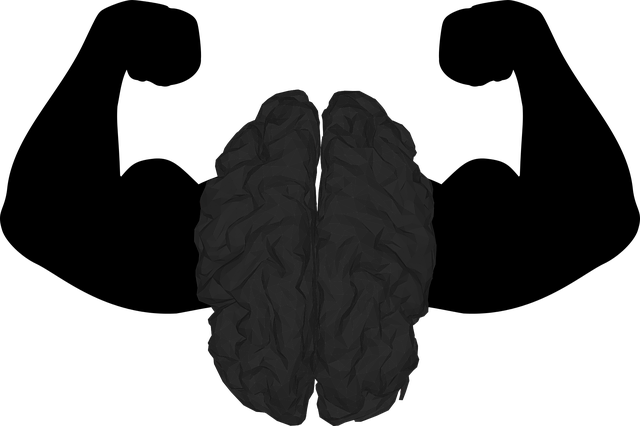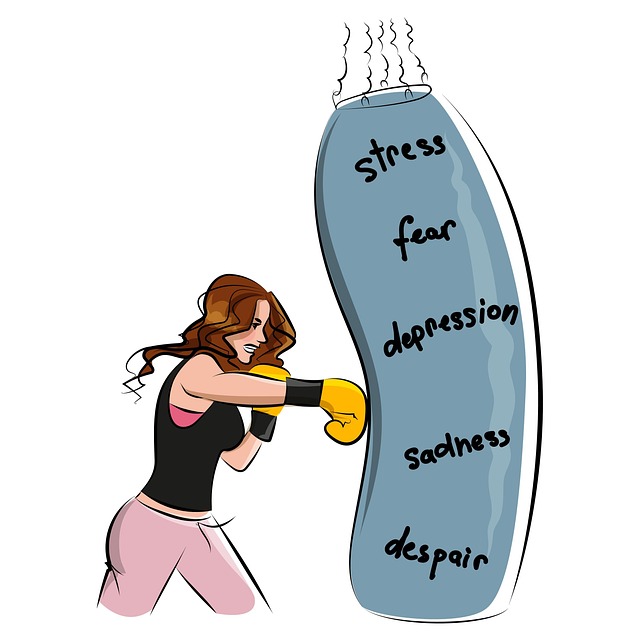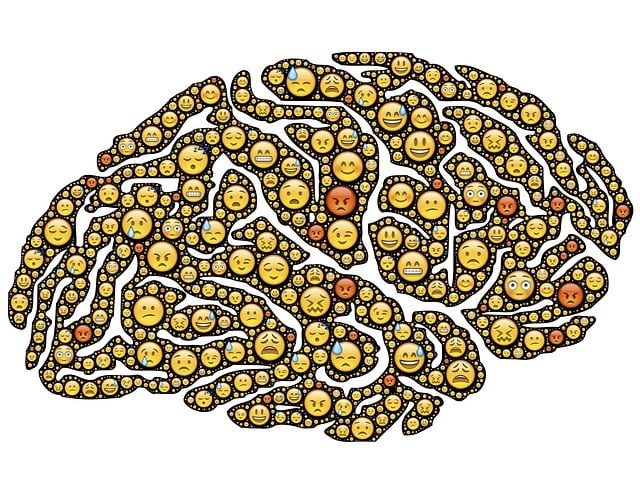Westminster ADD-ADHD evaluations and therapy offer a comprehensive, personalized roadmap to building resilience against life's challenges. Using the RFM framework, professionals identify resources, fortitudes, and motivations, guiding individuals to develop effective coping strategies. This holistic approach integrates risk management planning, stress management workshops, and evidence-based practices like CBT and mindfulness meditation to enhance well-being. By leveraging strengths and learning adaptive behaviors, individuals with ADD/ADHD gain the confidence to confront obstacles directly.
Resilience is a vital tool for navigating life’s challenges, especially for individuals with Attention Deficit Disorder (ADD) or ADHD. This article explores RFM—a powerful framework for building resilience—and its role in enhancing coping mechanisms. We delve into effective strategies, including Westminster ADD-ADHD evaluations and specialized therapy techniques, to unlock individuals’ potential. Discover practical exercises tailored for daily resilience enhancement, fostering a stronger, more adaptable mindset.
- Understanding RFM and Its Role in Resilience Building
- Westminster ADD-ADHD Evaluations: Unlocking Potential
- Therapy Techniques to Foster Resilience in Individuals with ADD/ADHD
- Practical Exercises for Daily Resilience Enhancement
Understanding RFM and Its Role in Resilience Building

Resilience is a vital asset for individuals to navigate life’s challenges and setbacks. RFM (Resources, Fortitudes, and Motivations) is a framework that helps in building this resilience by identifying key areas of strength and support. For individuals with ADD/ADHD, who often face unique difficulties, understanding their RFM can be transformative. Westminster ADD-ADHD evaluations and therapy play a crucial role in uncovering these personal resources, fortitudes, and motivations, providing a roadmap for developing coping strategies.
By assessing an individual’s strengths, such as their ability to adapt or their social support network, mental health professionals can guide them in leveraging these advantages. Additionally, risk management planning is integral to this process, focusing on stress management workshops and organization techniques that empower individuals to take control of their mental health. This holistic approach, combining RFM analysis with specialized therapy and workshops, fosters a sense of confidence boosting, enabling individuals to face life’s challenges head-on.
Westminster ADD-ADHD Evaluations: Unlocking Potential

Westminster ADD-ADHD Evaluations offer a transformative journey for individuals seeking to unlock their full potential. These comprehensive therapy sessions go beyond traditional diagnosis by providing tailored strategies for managing symptoms and enhancing overall well-being. Through advanced assessments, experts identify unique strengths and challenges, creating personalized roadmaps for success.
The process empowers clients with effective tools for stress management, emotional healing processes, and crisis intervention guidance. By addressing the root causes of ADD-ADHD, individuals gain insights into their cognitive patterns and learn adaptive behaviors to navigate daily life with greater ease and resilience.
Therapy Techniques to Foster Resilience in Individuals with ADD/ADHD

For individuals with Attention Deficit Disorder (ADD) or Attention-Deficit/Hyperactivity Disorder (ADHD), building resilience is a crucial aspect of managing their conditions and improving overall well-being. Therapy techniques play a pivotal role in this process, offering effective strategies to enhance emotional regulation and coping mechanisms. One such approach is cognitive-behavioral therapy (CBT), which helps individuals identify and challenge negative thought patterns and behaviors associated with ADHD symptoms. By learning to manage their impulses and improve focus, they can better navigate daily challenges.
Additionally, mindfulness practices have gained prominence in ADD/ADHD therapy. These techniques encourage individuals to stay present and aware of their thoughts and emotions without judgment. Mindfulness meditation, for instance, can aid in emotional regulation, allowing people with ADHD to respond rather than react impulsively. Westminster ADD-ADHD evaluations often incorporate these therapeutic methods into personalized treatment plans, focusing on risk management planning for mental health professionals while fostering mental health awareness and emotional regulation among their clients.
Practical Exercises for Daily Resilience Enhancement

Building resilience is an integral part of enhancing mental wellness, especially for individuals with conditions like ADD/ADHD. Practical exercises can be incorporated into daily routines to strengthen coping skills and foster a sense of empowerment. One effective method is mindfulness meditation, which encourages individuals to focus on the present moment, reducing anxiety and improving attention span. This simple practice can be done anywhere, making it an accessible tool for managing symptoms.
Additionally, engaging in regular physical activity is a powerful way to boost resilience. Exercise releases endorphins, often referred to as ‘feel-good’ hormones, which can alleviate stress and improve mood. Activities like yoga or even a brisk walk in nature can provide a sense of calm and clarity, supporting mental health initiatives. For those seeking structured support, Westminster ADD-ADHD evaluations and therapy services offer specialized guidance, incorporating evidence-based practices to enhance coping skills development and promote a holistic approach to mental health policy analysis and advocacy.
In conclusion, building resilience is a key aspect of supporting individuals with ADD/ADHD. By understanding RFM and employing effective therapy techniques, such as those offered by Westminster ADD-ADHD evaluations, we can unlock potential and enhance daily well-being. Practical exercises focused on resilience foster a more adaptive mindset, enabling folks to navigate life’s challenges with greater ease. These strategies collectively revolutionize how we approach supporting individuals with ADD/ADHD, promoting not just coping but thriving.














